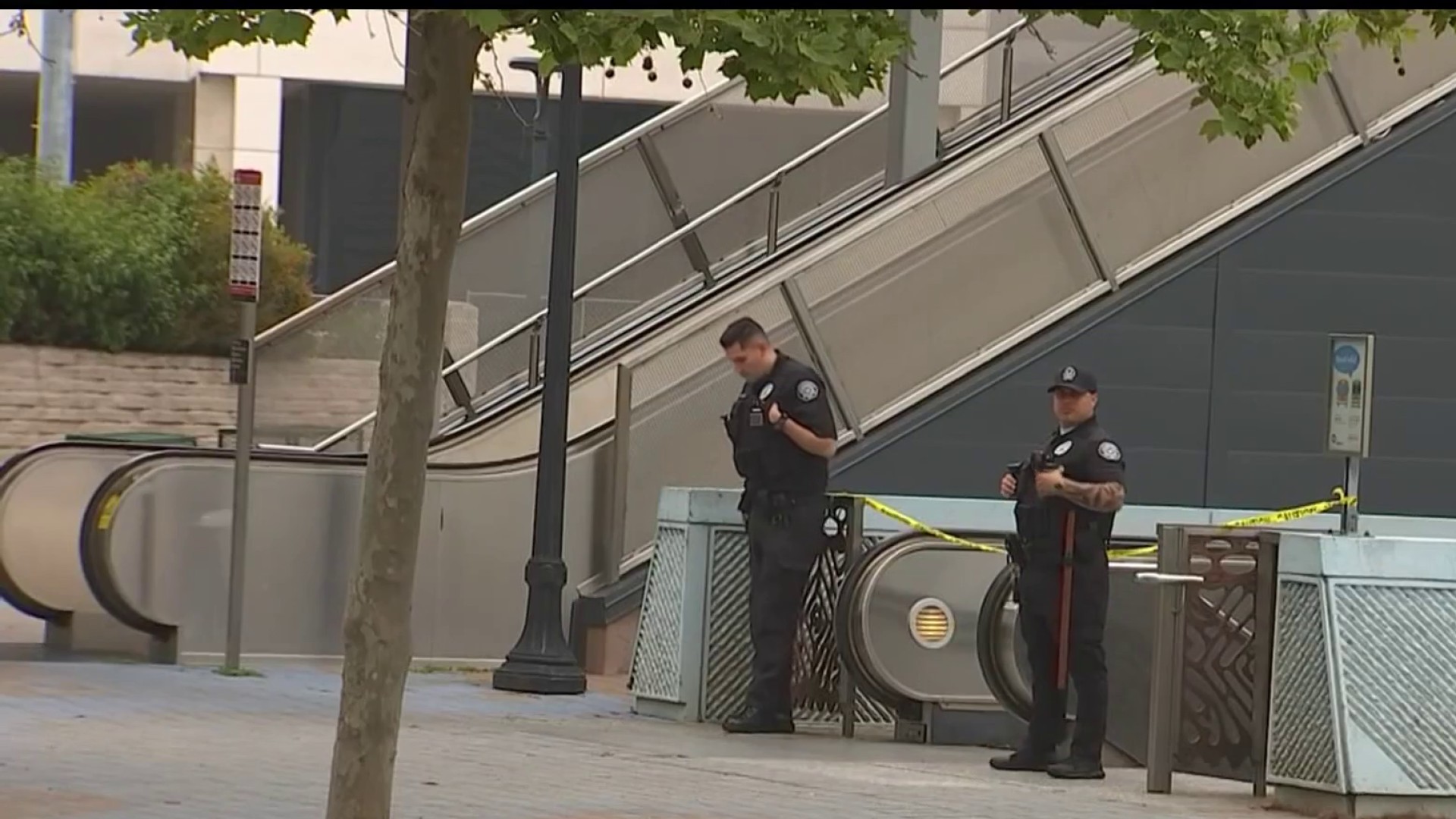A three-justice panel on Monday denied an appeal by a man convicted of hiring an assassin to stage a robbery and kill his 17-year-old wife in a La Mirada park, ruling that spousal privilege did not cover the defendant's threats against his next spouse.
Morrad Ghonim, 45, was sentenced in December 2016 to life in prison without the possibility of parole for the murder of Victoria Ghonim, who was shot on July 23, 1992, while sitting in a car with Morrad and her infant son in La Mirada Creek Park.
Jurors also found true the special circumstance allegations of lying in wait and murder for financial gain, as well as a gun allegation.
Ghonim's defense counsel argued on appeal that testimony by the woman Ghonim married after killing his young wife should not have been admissible, but instead protected under marital privilege.
His second wife learned he had cheated on her, so she told him she planned to return to Texas. She testified that the defendant told her it was fine if she moved, but then said: "If you ever think of getting a divorce, I'll hurt you ... It cost me $500 then, it won't cost me much now" and "If you divorce me, I will throw some acid on you that makes sure you never get married in your life again," according to the opinion by the 2nd District Court of Appeal panel.
The justices said higher court rulings make clear that only confidential conversations are protected.
"Our Supreme Court has explained that not every statement made during the course of a marriage is automatically protected by the privilege. The statutory language plainly states that only statements made 'in confidence' are covered," Justice Elizabeth A. Grimes wrote.
News
Top news of the day
The ruling states that the "threats made by defendant to Ms. Alfaleh were not made in confidence, nor are they the sort of communications that public policy seeks to protect in the interest of preserving marital confidences," and adds that there was also plenty of corroborating testimony to support a conviction even without Alfaleh's words.
The justices also denied another element of the appeal: that a juror should have been dismissed because he was allegedly biased against the defendant.
That juror was a volunteer with the Los Angeles County Sheriff's Department and had a family friend who was murdered by her husband decades earlier, according to the ruling.
The ruling states that the juror's answers to questions during voir dire about whether he could reach a fair verdict no matter where the evidence led were confusing and sometimes contradictory, but that wasn't enough to sway the appellate panel.
"At one point, he stated he thought it might be difficult to acquit, but he also said he could acquit if the prosecution did not prove the case. Given only a cold record and no clear statement of bias, we are in no position to second-guess the trial court's conclusion that the juror could be fair and impartial," Grimes wrote.
Victoria Ghonim's killing remained unsolved until 2009, when DNA linked a man named Leon Martinez to the crime. Martinez was arrested in October 2010 and convicted in March 2015 of first-degree murder.
The hitman later struck a deal with prosecutors and testified against Ghonim during a preliminary hearing. Martinez gave various accounts to police and in court as to what Ghonim paid him, at one point saying Ghonim offered him $10,000 and actually paid $5,000.
In other testimony, Martinez said he was paid only $500, a number supported by Ghonim's second wife's testimony.
Martinez was sentenced to 28 years to life in prison in exchange for his testimony.
Ghonim was charged in his wife's killing about a month after Martinez was convicted. At the time, Ghonim was living in Antigua. He was arrested in May 2015 and returned to the United States.
Los Angeles County sheriff's Sgt. Howard Cooper testified that according to Ghonim, he was with his wife and infant son at the La Mirada park, standing near a foot bridge, when they heard catcalls coming from a group of people standing nearby.
Ghonim told the investigator that his wife began shouting back at the group, then the family hustled back to their car, where his wife continued to shout at the group, Cooper said. Ghonim said that as he was about to turn on the vehicle's engine, he heard gunshots, and he quickly started the car and sped away, realizing then that his wife had been shot.
Cooper said Ghonim claimed he never saw the actual shooter, but sped away trying to find a hospital. He was soon pulled over by a California Highway Patrol officer for running a red light, according to Cooper.
The CHP officer said Ghonim was sobbing, and the officer saw the woman in the vehicle suffering from a gunshot wound.



